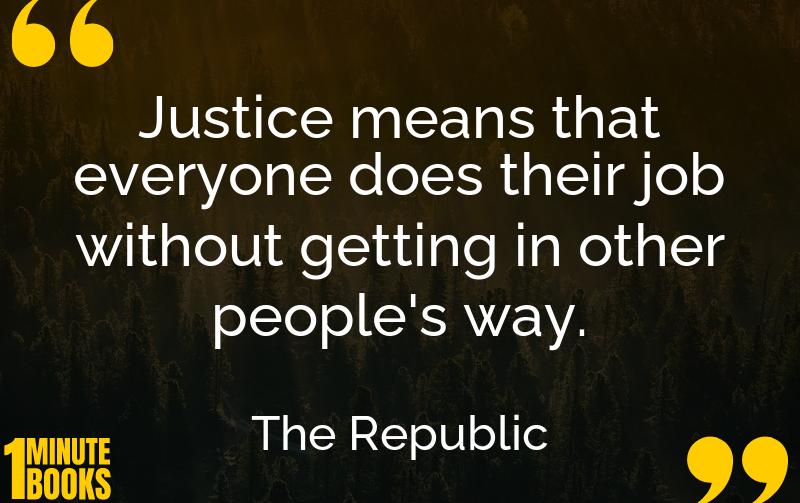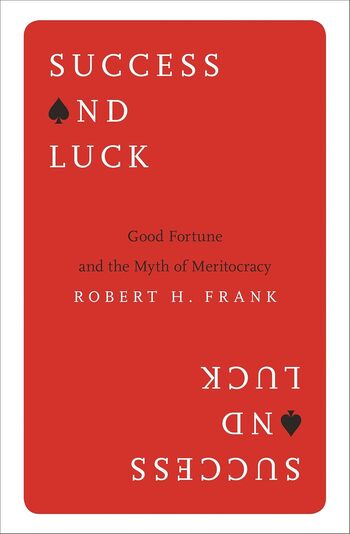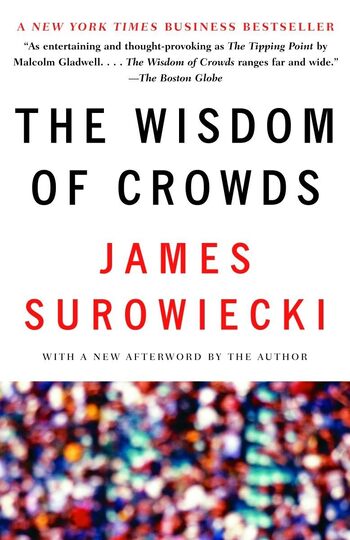
Plato’s The Republic, a series of Socratic dialogues, explores justice, society, and reality. Socrates debates the nature of justice and imagines an ideal society with philosopher-kings, emphasizing education and the pursuit of truth.
Main Lessons
- Justice is not just the advantage of the stronger; it’s about what benefits society as a whole.
- Glaucon’s challenge with the Ring of Gyges reveals that morality is often linked to fear of consequences.
- The concept of philosopher-kings suggests that rulership should be based on wisdom and knowledge.
- Society should be structured with distinct classes where each does what fits their skills, ensuring harmony.
- Education should include physical training, emotional cultivation through music, and logical reasoning.
- Plato’s theory of forms posits a higher reality where ideal forms exist, guiding our understanding of truth.
- The Allegory of the Cave illustrates enlightenment as a challenging journey requiring courage and openness.
- The pursuit of knowledge and philosophical inquiry is essential for individual and societal well-being.
- Philosophy challenges our preconceptions and encourages us to strive towards higher ideals of justice.
- The Republic remains relevant due to its enduring exploration of human nature and societal dynamics.
- Society should aim to be just and virtuous, striving for a balance between individual roles and collective good.








